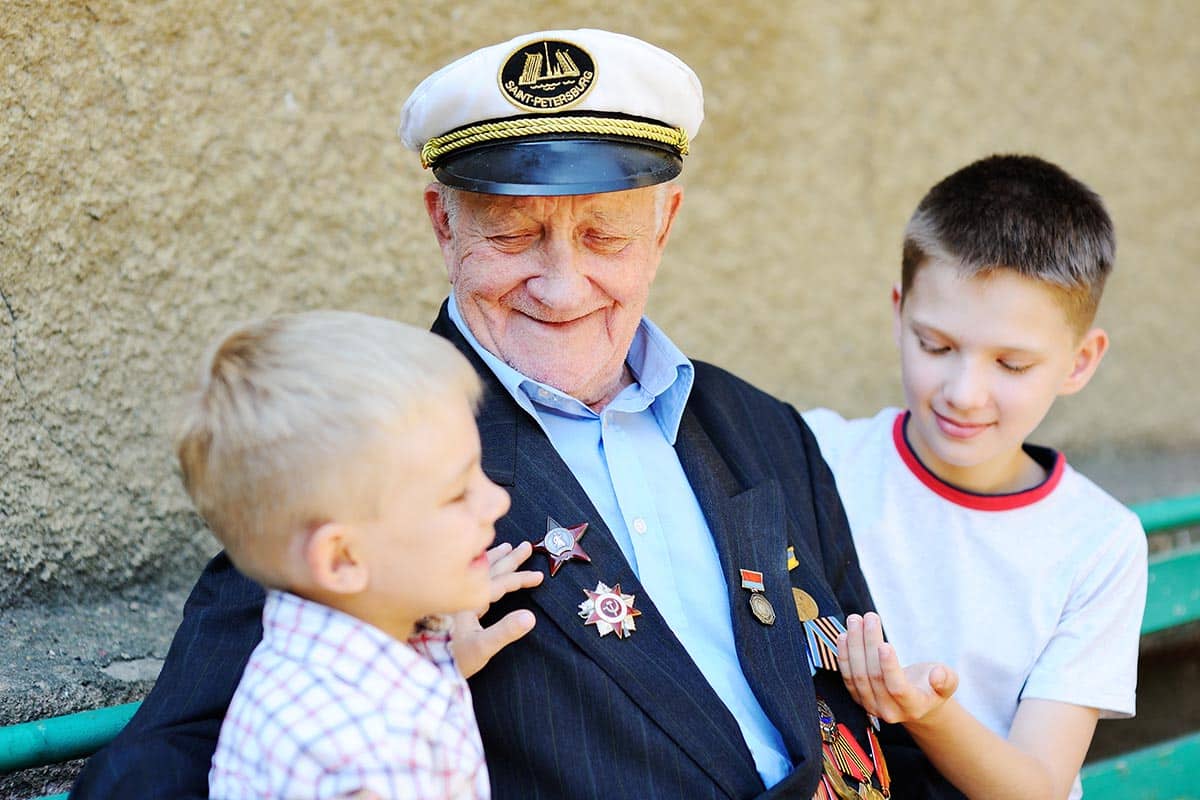Vets are really taking advantage of remote mental health care in the COVID-19 pandemic. Most significant were mental health care check-ins and consultations done over the phone. In February, those totaled about 40,000 appointments. In March, they topped 154,000, a nearly 400% increase.
Military Times’ recent article entitled “Veterans’ remote mental health appointments skyrocket amid coronavirus outbreak” reports that Veterans Affairs officials say the number of mental health appointments conducted through online video chats with physicians rose from about 20,000 in February to 34,000 in March, an increase of 70%. Another 2,700 online video group therapy appointments were conducted in March—an almost 200% jump from the previous month.
VA officials have already noted significant increases in use of the Veterans Crisis Line. However, they said that many of the additional callers aren’t facing suicidal thoughts. Instead, numerous veterans and family members have called for information on existing resources or for help getting alternative mental health care programs.
In a statement, VA Secretary Robert Wilkie said that the department’s “early embrace of new technology” is helping veterans.
“VA is open for business and we continue to provide same-day mental health services and mental health screening for veterans at-risk, who require attention at any of our facilities,” he said.
Many VA programs and protocols have been disrupted in the last month by the coronavirus outbreak, with healthcare professionals throughout the country working to address a steadily increasing number of cases.
As of April 10, 200 VA patients had died from the illness, and more than 3,500 others tested positive. More than 1,100 VA employees have also contracted the virus, and at least seven have died.
The VA’s new safety precautions have cancelled thousands of non-essential medical appointments at VA hospitals across the country, but those with emergencies are still being admitted to the facilities.
Roughly 17 veterans a day die by suicide, according to the latest department data. There was to be a new government-wide effort announced by the White House and VA on veteran suicide prevention last month, but that announcement was delayed by the COVID-19 outbreak. Congress has earmarked $19.6 billion in emergency funding for the VA in their coronavirus stimulus package. Of that, $3.1 billion was to be used for new telemedicine efforts within VA, to increase health care access for veterans quarantined at home.
Veterans experiencing a mental health emergency can contact the Veteran Crisis Line at 1-800-273-8255 and select option 1 for a VA staffer. Veterans, troops, or their family members can also text 838255 or visit VeteransCrisisLine.net for assistance.



